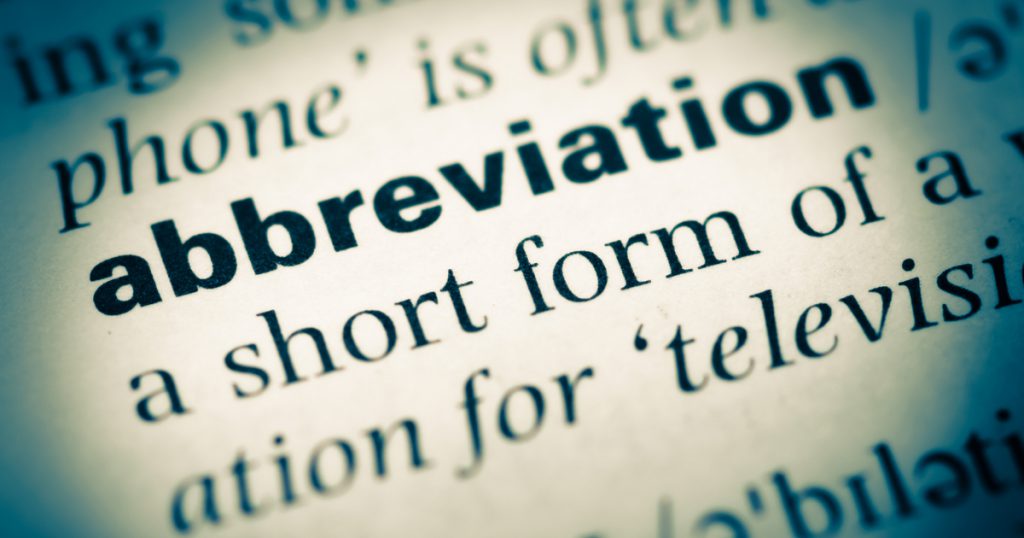Pay Stub Abbreviations: Everything You Need To Know

All of us have been in that position where you start a new job or meet a new group of people, and you’re forced almost learn a new language. Put someone from Boston into Texas and vice versa, and there is apt to be a slight amount of confusion.
This is normal. Within a region or organization, words will get shortened or substituted for simplicity. People develop ways of communicating ideas to one another efficiently.
As a small business owner, you will need to get acquainted with the lingo associated with pay stub abbreviations. On a pay stub, there is limited space, but there’s a need to convey a significant amount of important information. By learning the abbreviations, you will be able to both understand a pay stub and to create your own.
Company Information
EIN – Employer Identification Number. When you are making pay stubs for your employees, you’ll need this when filling out your company information.
This is the nine-digit number you received from the IRS when you first started your business. Again, pay stub abbreviations are meant to convey information quickly and concisely. EIN is a prime example of this.
To get an EIN, you must have a valid TIN (Taxpayer Identification Number), and you may do this by mail or online. When you visit the IRS website, you will be asked to complete the online application. You will be required to complete it in one session.
After filling out the online application, you will receive your EIN immediately. Download and print it for your records.
Employee Information
SSN – Social Security Number. This will be included when you fill out the employee information on your pay stub generator. After you hire someone, you will have them complete a W-4 or W-9. Pull their SSN from this form.
Earnings Statement
GROSS – This term refers to the amount of money one of your employees makes before taxes and deductions are taken out. For instance, if you offer a new hire $100,000 a year, then this will also be their gross pay.
NET – This term is the opposite of gross. It applies to the money that remains after taxes and deductions are withheld. This is the amount of money your employee will take home. Pay stub abbreviations like “Gross” and “Net” are capable of relaying large amounts of information in shortened words.
YTD – Year to Date. This is the abbreviation for the totals your employee receives from the start of the year to the current paycheck. Using this will be critical for filing your quarterly and year-end taxes. YTD can apply to wages as well as total taxes and deductions that have been withheld.
FED – Federal taxes. Part of the purpose of a pay stub is to convey information like the amount of federal taxes withheld. State taxes (the abbreviation for which will be ST) will also be withheld. The amount of which will depend on the number of deductions they claim. Like their SSN, you can find this information on their W-2. If you hired a contractor, they fill out a W-9 and they will be responsible for paying their taxes.
FICA – Federal Insurance Contributions Act. FICA is a broad term that applies to three things: Social Security, Medicare/Medicaid, and Supplemental Security Income.
123PayStubs
With all of the pay stubs abbreviations we have gone over, you will now be able to navigate a pay stub generator with ease. In addition, when your employees are looking over their documents and have questions regarding their paycheck stub abbreviations, you can explain it to them.
This is particularly important because a lot of these terms apply to money being subtracted from their gross income.
Try 123PayStubs Today!


Leave a Comment